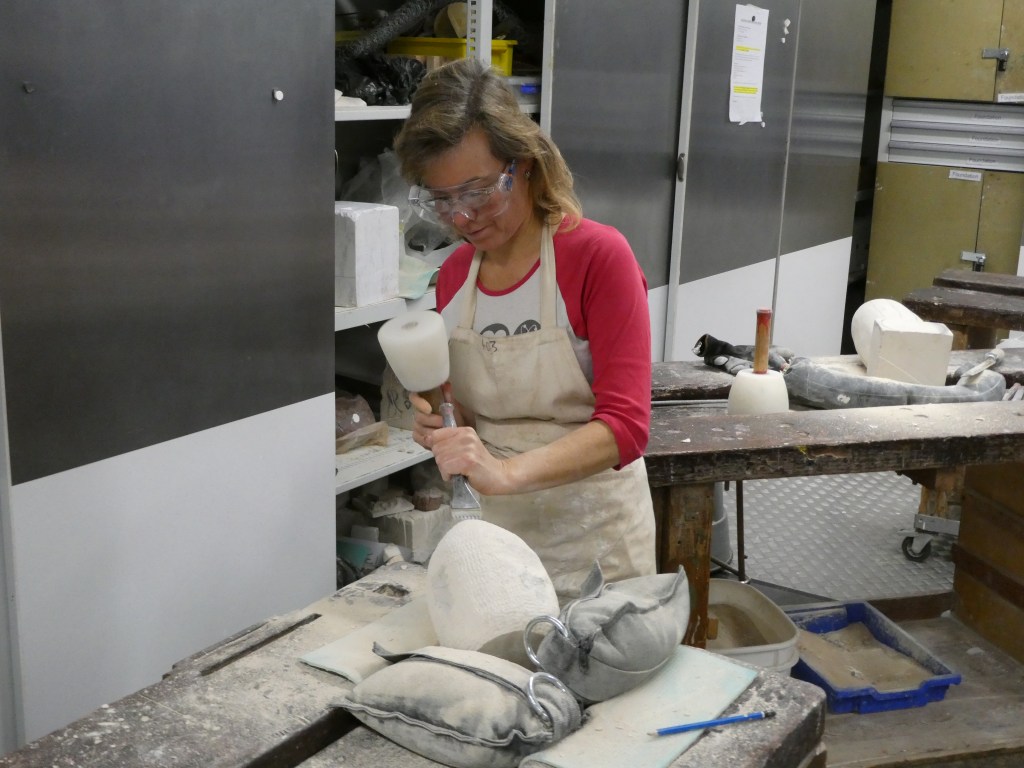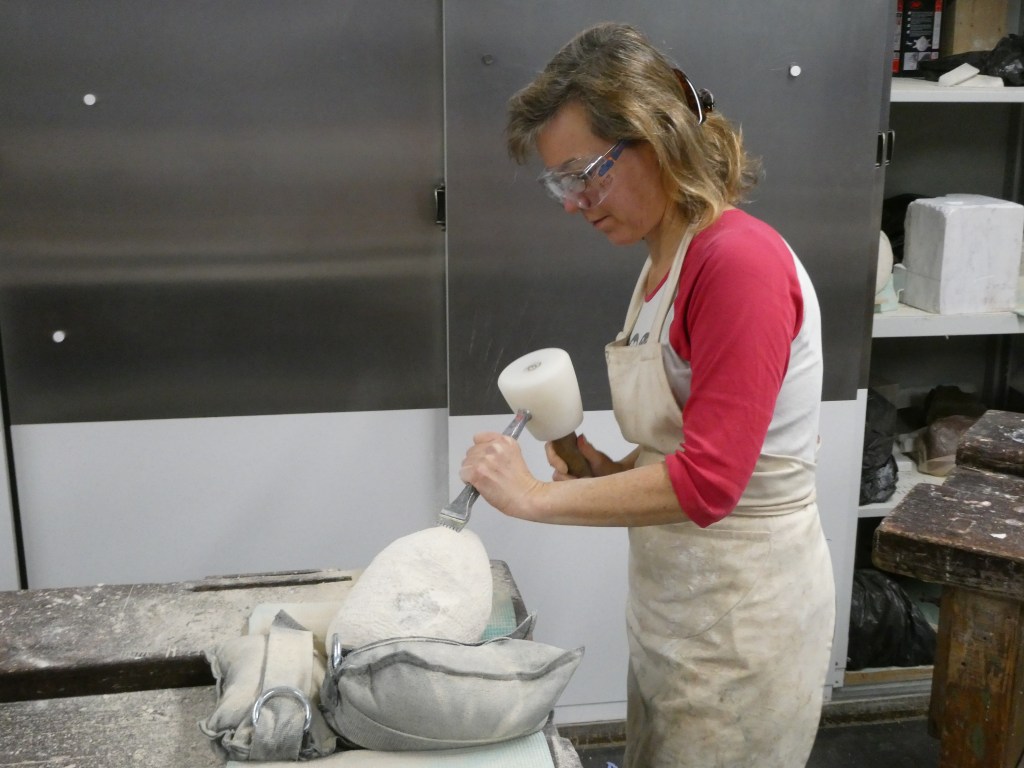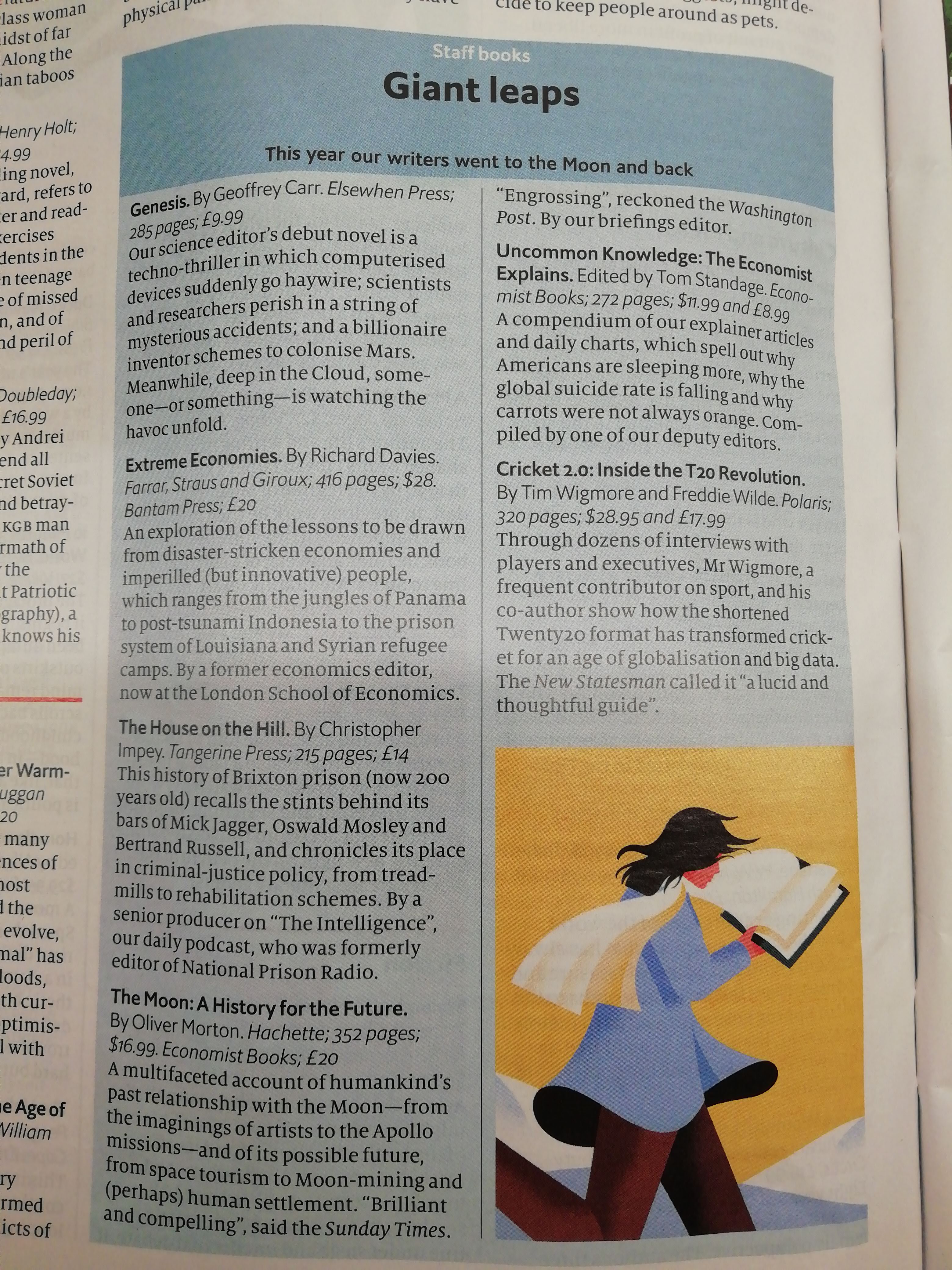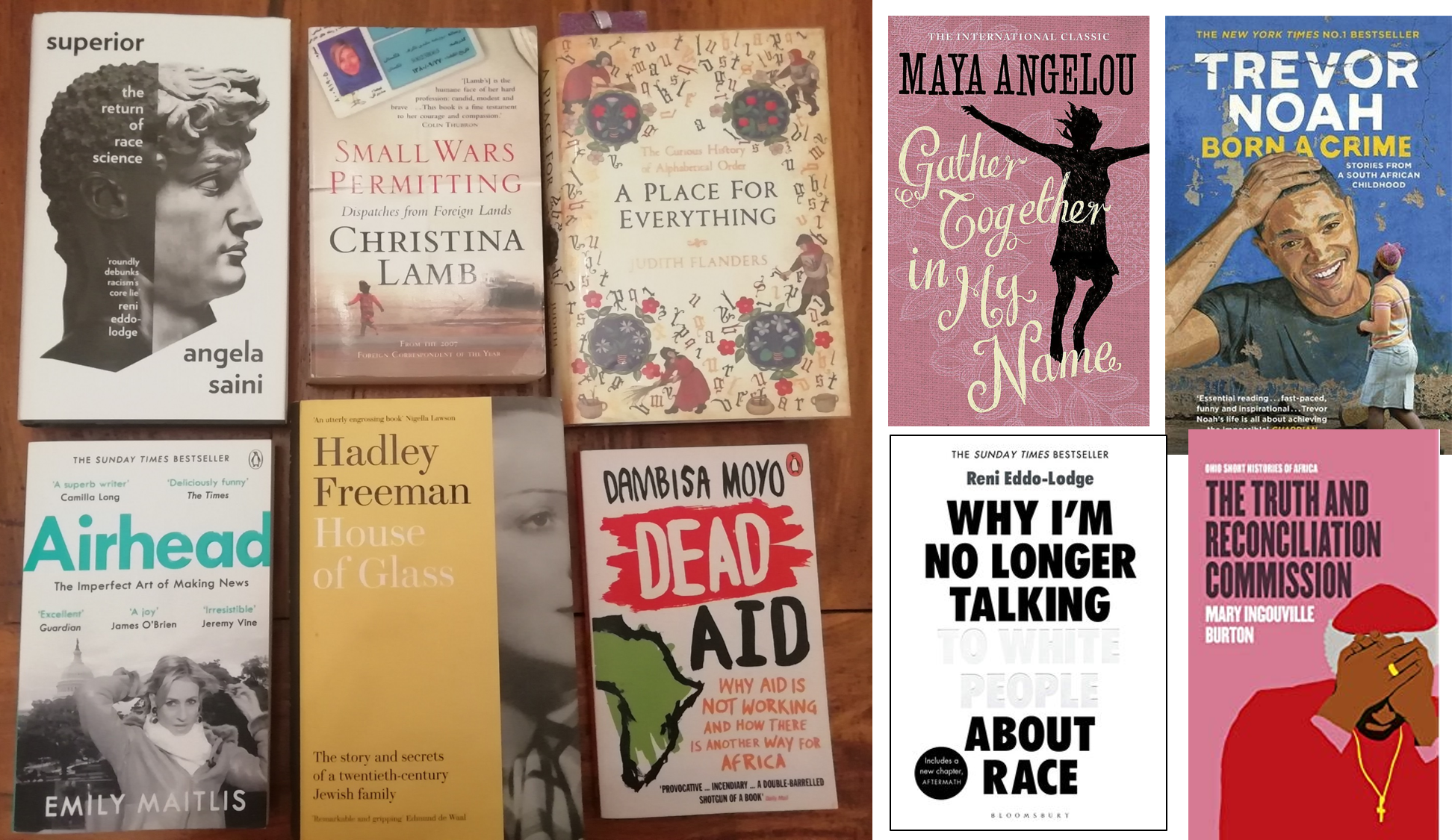I do masses of public speaking. These are my ‘golden rules’, which might help you. (If you have other good ‘golden rules’ to add to this list, do get in touch.)
1. Assume the technology will fail
It fails more often than not, in my (pretty extensive) experience. Be prepared and able to give your talk without any of the visuals. Have enough notes and know your talk well  enough that you can proceed without them.
enough that you can proceed without them.
A good idea is to ensure that there’s a flipchart handy, and that the pens work, so that you can hand-draw any charts or diagrams if necessary.
I had an epic fail in which the slides appeared on screen in random order(!) so I just had to abandon them.
2. For in-person talks, most of the audience can’t see the bottom third of your slides, so don’t put anything important there
Pretty self-explanatory. Use the bottom third (or half, if it’s a big audience in a room with a flat floor) for notes about the source of your data: because that should be in the materials somewhere (unless you’re inviting the assumption that you fabricated the data…)
For on-line talks, people will be reading on a small screen and probably unable to read much at all, so put hardly anything on them. No font smaller than 16-point.
3. Talk slowly
More slowly than you can imagine. It’s almost impossibly to speak too slowly on stage. The bigger the venue, the slower you talk: I read a lesson in Canterbury Cathedral – which is huge – and talked so slowly that it sounded to me as though I was deranged, but everybody else thought it was fine.
The purpose of your talk is to tell people things that they don’t know. So by definition your content will be unfamiliar. People need time to process what you’re saying.
Hence shut up for the 30 seconds after you put up a new slide to give people time to concentrate on that and interpret it. They can’t concentrate on both a new picture and new words simultaneously.
concentrate on that and interpret it. They can’t concentrate on both a new picture and new words simultaneously.
If you are speaking in your native language and there may be non-native speakers in the audience… well… think of your high school French (or whatever) and think about how slowly the speaker would have to be going for you to have a cat in hell’s chance of understanding them. Brits and Americans are particularly bad at this (presumably because we so rarely have to understand other languages at full tilt). Also avoid complicated vocabulary and idioms which non-native speakers may not know, and terms which are ambiguous or confusing (e.g. “since” means both because and after, so avoid that.)
After I’d been living in Vienna for six months, I told a Bulgarian colleague that my German had improved loads. He said “yes, and your English is much better too.”
See this.
4. Practise
This is like the best-guarded secret of public speaking. Practise. Out loud. Address the cushions in your living room. You’ll feel like an idiot at first. But you do not want the first time that you hear your talk to be when you’re in front of a big crowd. My cushions hear a lot.
My flute teacher used to say that “The difference between amateurs and professionals is that amateurs practise until they get it right. Professionals practise until they don’t get it wrong.”
I once gave a super-high pressure talk, for which I was being paid a lot. Mindful of my flute teacher’s advice, I learnt it verbatim. A good job too: when it came to it, I was losing my voice, we had to decamp from one room to another, one prince flounced out of the room because another prince had allegedly breached some rule of etiquette (I’m not making this up). Because I’d learnt the talk, I could just ‘put the tape on’ and focus on the audience in the room – and getting the waiting staff to bring me water all the time so I could literally speak – and not worry about the content.
When I spoke at my mum’s funeral – obviously a high-risk idea – I practised my talk so well that several years later, I still know it verbatim. I practised it in three churches (‘hello, my mum’s funeral is next week: do you mind if I just practise my address in your church for half an hour?’) and in my head constantly for the fortnight beforehand.
5. Think, breathe, speak
This is the central advice from RADA, the Royal Academy of Dramatic Art. Use that in your Q&A session – and tricky meetings.
6. The slides
Oh man. The slides. They can kill your talk.
First, think how many of the slides you’ve seen in your life you can remember. That is about the chance that any of your slides will be remembered. You can probably bin at least half of them.
Second, they’re there to serve you, you’re not there to serve them. If you don’t need a visual, have the screen blank (make a black side: a slide with a massive black box covering the whole area). See my TED talk. Then, when you need the screen again, it’s way more striking.
Third, remember that you’re talking to the audience, not to the slides. You shouldn’t need to see the slide (except instantaneously to check that it’s there): you should know what’s on it.
Malcolm Miller, the expert in the windows of Chartres cathedral, gives all his talks about them with his back to them. “In the third pane from the left, on the fourth level from the top”. But then he doesn’t have to check that his visuals are still there 😉
Fourth, have a slide at the end with your contact details on.
——I hope that this was helpful! ——
 Since I wrote this article, various people have written with their presenting tips. They include these:
Since I wrote this article, various people have written with their presenting tips. They include these:
Always, but ALWAYS go to the lectern beforehand, table or wherever else you are speaking, and check:
- the trip hazards en route – and back
- the table or lectern height
- ditto the mic
- that any notes won’t fall off the lectern (and number each page if you do use notes, for when they do fall off)
- that the lighting is OK and you will be able to see & read
- that ideally you can see a clock
- + test your voice in the room.












 So I’m on a drive to read more by women – and men of colour.
So I’m on a drive to read more by women – and men of colour.






